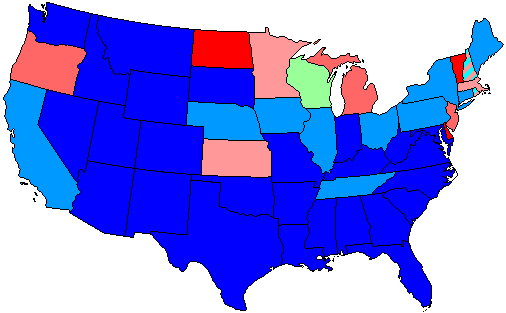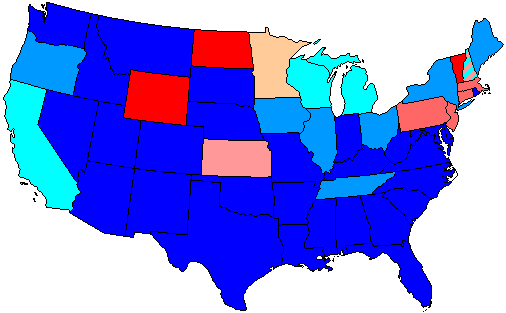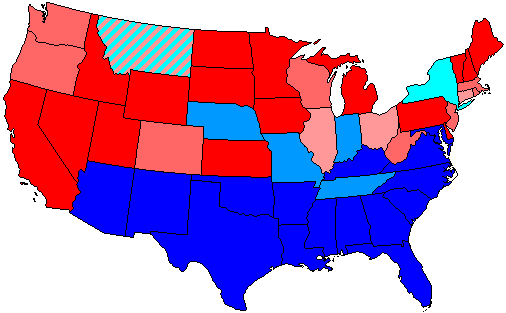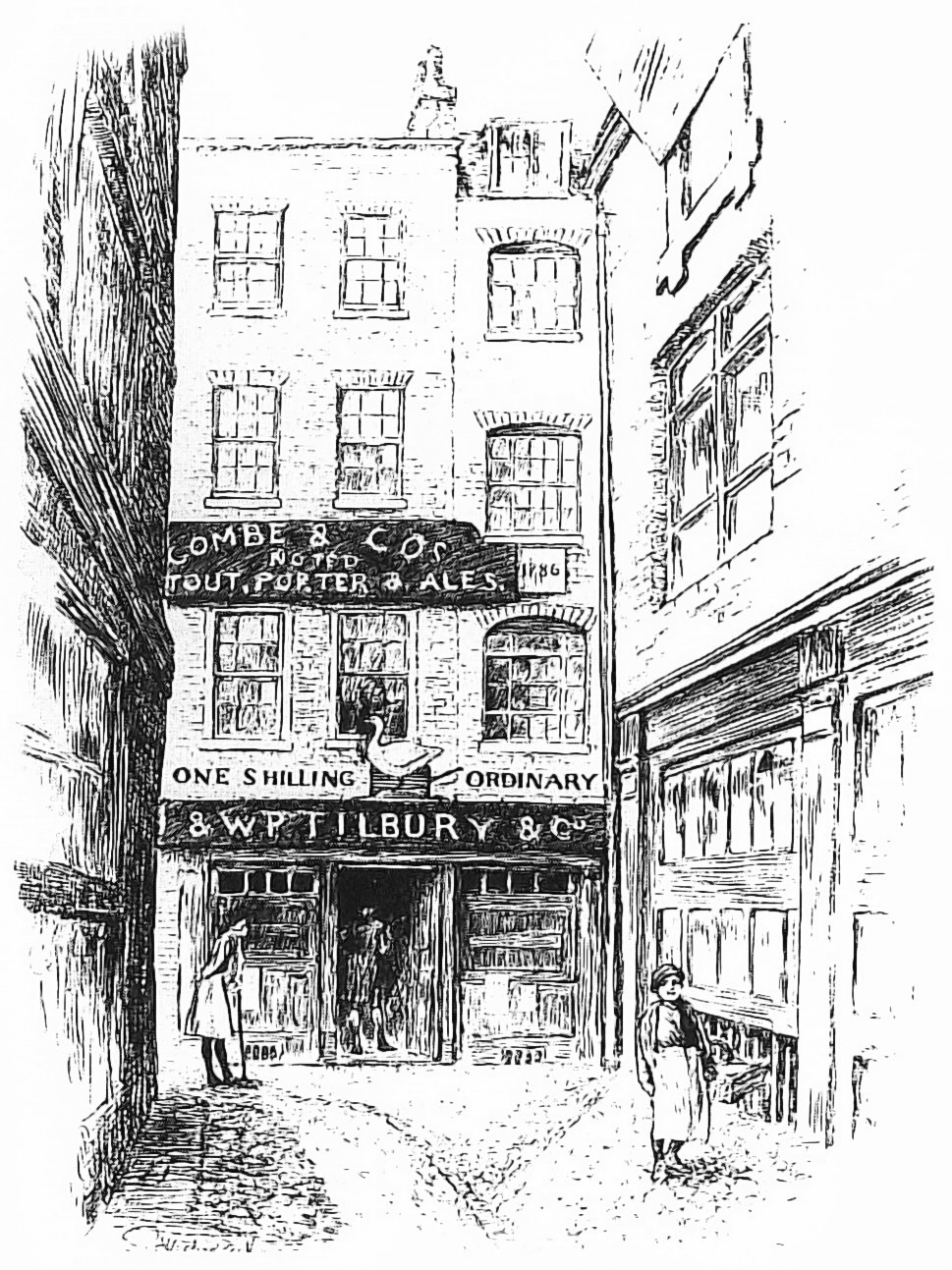|
William Robb Eaton
William Robb Eaton (December 17, 1877 – December 16, 1942) was an American businessman, lawyer, Spanish-American War veteran, and politician who served two terms as a U.S. Representative from Colorado from 1929 to 1933. He was the nephew of Charles Aubrey Eaton. Early life and education Born in Pugwash, Province of Nova Scotia, Canada, his parents were Cyrus B. and Margaret S. (Whidden) Eaton. He was of New England ancestry. Eaton immigrated to the United States with his parents who settled in Boston, Massachusetts, in 1878, and in Denver, Colorado, in 1881. He attended public and private schools. Early and law school Beginning at the age of 12, he was employed as a bank clerk from 1889 to 1901. He engaged as a jobber and wholesaler and in the warehouse business 1901 to 1909. He served in Troop B, First Squadron Cavalry, National Guard of Colorado from 1898 to 1904. He served during the Spanish–American War. He was graduated from the law department of the University ... [...More Info...] [...Related Items...] OR: [Wikipedia] [Google] [Baidu] |
71st United States Congress
The 71st United States Congress was a meeting of the legislature of the United States federal government, consisting of the United States Senate and the United States House of Representatives. It met in Washington, D.C. from March 4, 1929, to March 4, 1931, during the first two years of Herbert Hoover's presidency. The apportionment of seats in the House of Representatives was based on the thirteenth decennial census of the United States in 1910. Both the House and Senate remained under Republican control, with increased majorities in each chamber. And with Herbert Hoover being sworn in as President on March 4, 1929, the Republicans maintained an overall federal government trifecta. The 71st Congress also featured the most special elections of any Congress with 27 in all. Major events * March 4, 1929: Herbert C. Hoover became President of the United States * October 24, 1929 – October 29, 1929: Wall Street Crash of 1929: Three multi-digit percentage drops wipe out more t ... [...More Info...] [...Related Items...] OR: [Wikipedia] [Google] [Baidu] |
1934 United States House Of Representatives Elections
The 1934 United States House of Representatives elections were held in the middle of President Franklin D. Roosevelt's first term. The Democratic Party continued its progress, gaining another 9 net seats from the opposition Republican Party, who also lost seats to the Progressive Party. The Republicans were reduced below one-fourth of the chamber for the first time since the creation of the party. The Wisconsin Progressive Party, a liberal group which allied with the Democrats, also became a force in Wisconsin politics. The 1934 elections can be seen as a referendum on New Deal policies. While conservatives and people among the middle class who did not bear the brunt of the depression saw New Deal programs as radical, lower-income voters overwhelmingly voted in this election cycle to continue the implementation of Roosevelt's agenda. This marked the first time that an incumbent president's party did not lose seats in both houses in a midterm election, followed by 1998 and 2002. ... [...More Info...] [...Related Items...] OR: [Wikipedia] [Google] [Baidu] |
South Trimble
South Trimble (April 13, 1864 – November 23, 1946) was a U.S. Representative from Kentucky. He was a prominent member of the famed South–Cockrell–Hargis family of Southern politicians. Biography Born near Hazel Green, Kentucky, to Asberry Trimble who was killed by his brother in law, Edward Hensley as he was putting his slaves to work at the Trimble Tannery during the American Civil War on October 15, 1864. Trimble's mother bought and moved to a Franklin County, Kentucky home where he attended the public schools of Frankfort and Excelsior Institute. He engaged in agricultural pursuits near Frankfort, Kentucky, including turkey farming. In 1913, Trimble became the second person to present a turkey to the President of the United States, hoping to break the 40-year monopoly that Horace Vose, the Westerly, Rhode Island turkey farmer who had provided the President's turkeys since 1873, had on the practice. Trimble was insistent that his turkeys, though smaller than Vo ... [...More Info...] [...Related Items...] OR: [Wikipedia] [Google] [Baidu] |
1932 United States House Of Representatives Elections
The 1932 United States House of Representatives elections was an election for the United States House of Representatives in 1932 which coincided with the landslide election of President Franklin D. Roosevelt. The inability of Herbert Hoover to deal with the Great Depression was the main issue surrounding this election, with his overwhelming unpopularity causing his Republican Party to lose 101 seats to Roosevelt's Democratic Party and the small Farmer–Labor Party, as the Democrats expanded the majority they had gained through special elections to a commanding level. This round of elections was seen as a referendum on the once popular Republican business practices, which were eschewed for new, more liberal Democratic ideas. This was the first time since 1894 (and the last time as of ) that any party suffered triple-digit losses, and the Democrats posted their largest net seat pick-up in their history. These elections marked the beginning of a period of dominance in the House f ... [...More Info...] [...Related Items...] OR: [Wikipedia] [Google] [Baidu] |
Lawrence Lewis (politician)
Lawrence Lewis (June 22, 1879 – December 9, 1943) was an American lawyer, university professor, and politician from Colorado. He was elected to six terms in the United States House of Representatives, serving from 1933 until his death in 1943. Early life and career Born in St. Louis, Missouri, Lewis attended the public schools in Evanston, Illinois, Cambridge, Massachusetts, and Pueblo, Colorado. He attended the University of Colorado at Boulder and graduated from Harvard University in 1901. Early in his career, he worked for newspapers and magazines in Pueblo and Denver, Colorado. He later served as assistant instructor in English at Harvard University from 1906 to 1909. He worked in this post while attending law school, graduating from the Harvard Law School in 1909. He was admitted to the bar the same year and commenced practice in Denver, Colorado. Back in Denver, he served as member of the Colorado Civil Service Commission from 1917 to 1918. He also served in the milit ... [...More Info...] [...Related Items...] OR: [Wikipedia] [Google] [Baidu] |
1930 United States House Of Representatives Elections
The 1930 United States House of Representatives elections was an election for the United States House of Representatives in 1930 which occurred in the middle of President Herbert Hoover's term. During the election cycle, the nation was entering its second year of the Great Depression, and Hoover was perceived as doing little to solve the crisis, with his personal popularity being very low. His Republican Party was initially applauded for instituting protectionist economic policies, which were intended to limit imports to stimulate the domestic market: however, after the passage of the heavily damaging Smoot-Hawley Tariff, a policy that was bitterly opposed by the Democratic Party, public opinion turned sharply against Republican policies, and the party bore the blame for the economic collapse. While the Democrats gained 52 seats in the 1930 midterm elections, Republicans retained a narrow one-seat majority of 218 seats after the polls closed versus the Democrats' 216 seats; ho ... [...More Info...] [...Related Items...] OR: [Wikipedia] [Google] [Baidu] |
William R
William is a male given name of Germanic origin.Hanks, Hardcastle and Hodges, ''Oxford Dictionary of First Names'', Oxford University Press, 2nd edition, , p. 276. It became very popular in the English language after the Norman conquest of England in 1066,All Things William"Meaning & Origin of the Name"/ref> and remained so throughout the Middle Ages and into the modern era. It is sometimes abbreviated "Wm." Shortened familiar versions in English include Will, Wills, Willy, Willie, Bill, and Billy. A common Irish form is Liam. Scottish diminutives include Wull, Willie or Wullie (as in Oor Wullie or the play ''Douglas''). Female forms are Willa, Willemina, Wilma and Wilhelmina. Etymology William is related to the given name ''Wilhelm'' (cf. Proto-Germanic ᚹᛁᛚᛃᚨᚺᛖᛚᛗᚨᛉ, ''*Wiljahelmaz'' > German ''Wilhelm'' and Old Norse ᚢᛁᛚᛋᛅᚼᛅᛚᛘᛅᛋ, ''Vilhjálmr''). By regular sound changes, the native, inherited English form of the name shoul ... [...More Info...] [...Related Items...] OR: [Wikipedia] [Google] [Baidu] |
Clerk Of The United States House Of Representatives
The Clerk of the United States House of Representatives is an officer of the United States House of Representatives, whose primary duty is to act as the chief record-keeper for the House. Along with the other House officers, the Clerk is elected every two years when the House organizes for a new Congress. The majority and minority caucuses nominate candidates for the House officer positions after the election of the Speaker. The full House adopts a resolution to elect the officers, who will begin serving after they have taken the oath of office. The incumbent clerk is Cheryl L. Johnson, of Louisiana. She replaced Karen L. Haas at the beginning of the 116th Congress, the former having been elected on February 25, 2019. Robert Reeves is Deputy Clerk and Gigi Kelaher is Senior Advisor to the Clerk. The Constitution of the United States states in Article 1, Section 2, “The House of Representatives shall choose their Speaker and other Officers...” On April 1, 1789, when th ... [...More Info...] [...Related Items...] OR: [Wikipedia] [Google] [Baidu] |
William Tyler Page
William Tyler Page (1868 – October 19, 1942) was an American public servant. He worked on the United States Capitol in Washington, D.C. for 61 years, first as a page boy and later as a clerk of the United States House of Representatives. He was the author of American Creed and Story of Nation’s Capital. Early life Page was born in 1868 in Frederick, Frederick County, Maryland. He was the great-great-grandson of Carter Braxton, (1736–1797), a member of the House of Burgesses of the Province of Virginia. He was also a descendant of President John Tyler. Page began working "twelve hours a day in a printing shop and a paper-bag factory" at the age of 10. Career Page began working as a page boy for the United States House of Representatives in Washington, D.C. on December 19, 1881, and he became a clerk in 1919. Page worked for the Capitol for 61 years in total. In 1917, at 49, Page wrote "The American's Creed," as a submission to a nationwide patriotic contest suggested ... [...More Info...] [...Related Items...] OR: [Wikipedia] [Google] [Baidu] |
1928 United States House Of Representatives Elections
The 1928 United States House of Representatives elections was an election for the United States House of Representatives in 1928 which coincided with the election of President Herbert Hoover. The strength of the U.S. economy resulted in Hoover's Republican Party victory in the election, helping them to scoop up 32 House seats, almost all from the opposition Democratic Party, thus increasing their majority. The big business-supported wing of the Republican Party continued to cement control. Republican gains proved even larger than anticipated during this election cycle, as an internal party feud over the Prohibition issue weakened Democratic standing. Losses of several rural, Protestant Democratic seats can be somewhat linked to anti-Catholic sentiments directed toward the party's presidential candidate, Al Smith. However, this would be the last time for 68 years that a Republican House was re-elected. Results summary SourceElection Statistics - Office of the Clerk Spec ... [...More Info...] [...Related Items...] OR: [Wikipedia] [Google] [Baidu] |
Masonic Temple
A Masonic Temple or Masonic Hall is, within Freemasonry, the room or edifice where a Masonic Lodge meets. Masonic Temple may also refer to an abstract spiritual goal and the conceptual ritualistic space of a meeting. Development and history In the early years of Freemasonry, from the 17th through the 18th centuries, it was most common for Masonic Lodges to form their Masonic Temples either in private homes or in the private rooms of public taverns or halls which could be regularly rented out for Masonic purposes. This was less than ideal, however; meeting in public spaces required the transportation, set-up and dismantling of increasingly elaborate paraphernalia every time the lodge met. Lodges began to look for permanent facilities, dedicated purely to Masonic use. First Temples The first Masonic Hall was built in 1765 in Marseille, France. A decade later in May, 1775, the cornerstone of what would come to be known as Freemasons' Hall, London, was laid in solemn ceremonial ... [...More Info...] [...Related Items...] OR: [Wikipedia] [Google] [Baidu] |





